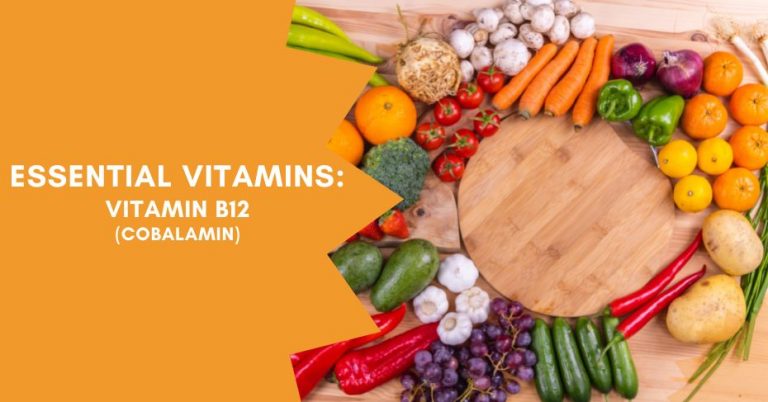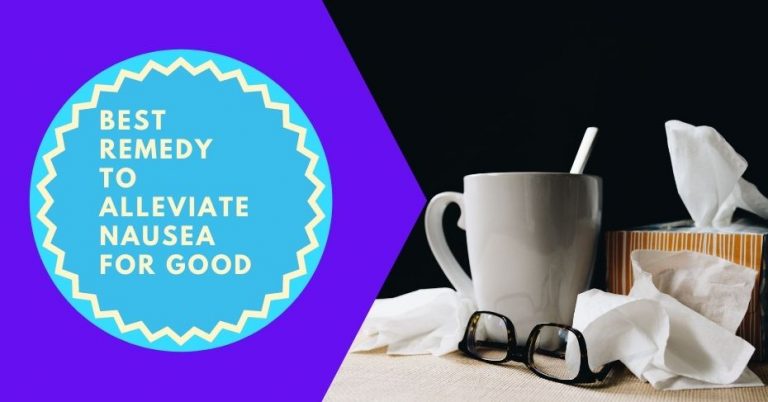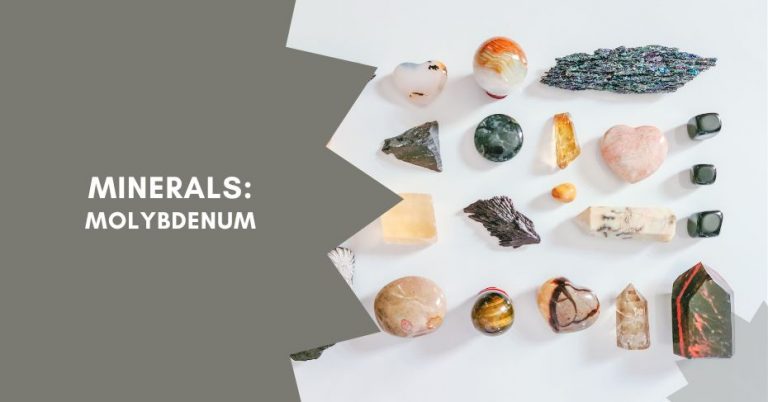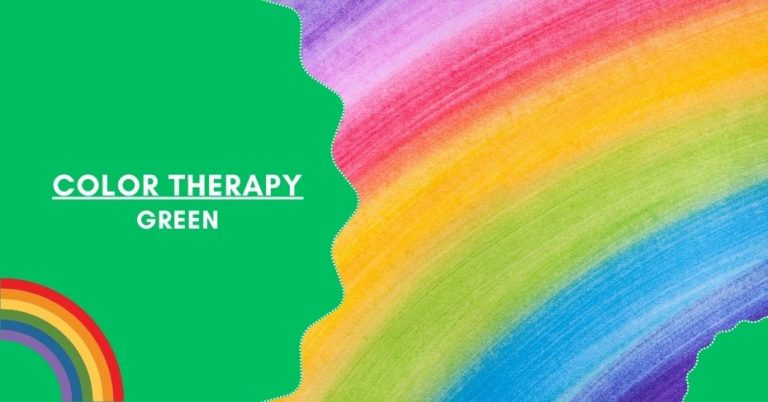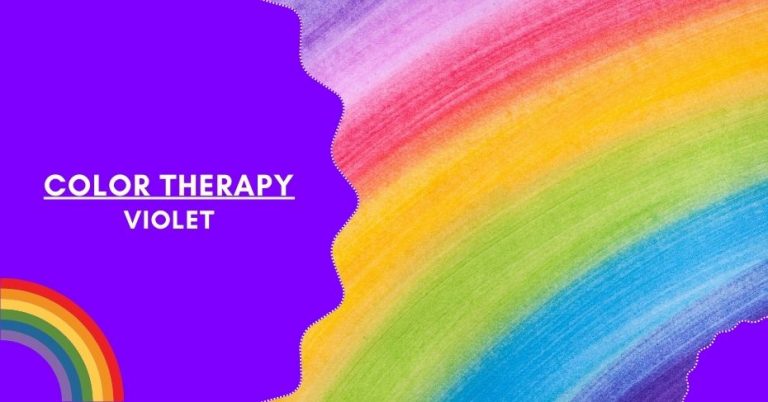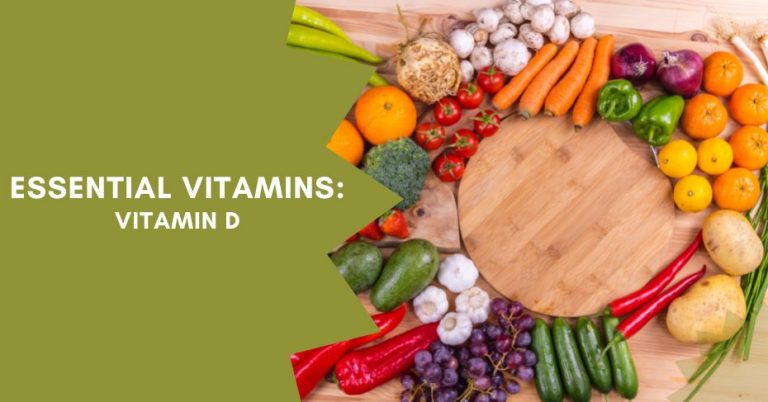Zinc is an essential mineral that our bodies need to remain healthy and function properly. In this blog, we will discuss why zinc is important, the different forms of zinc, and how you can get more zinc in your diet.
What Is Zinc?
Zinc is a mineral found in small amounts in our cells and tissues. It plays an important role in many biochemical processes, including metabolism, wound healing, immune system function, growth and development, and reproduction. While it’s not found in large quantities in the body, it’s still essential for health. A deficiency of zinc can lead to a number of health problems such as impaired immune system function, poor growth and development, delayed wound healing, and even infertility.
Why Do You Need Zinc?
Zinc plays an important role in many bodily functions including metabolism, digestion, cognitive function and immunity. It helps regulate the immune system by preventing infection-causing bacteria from attaching to cells in your body. Additionally, zinc helps synthesize proteins needed for tissue repair and healing wounds more quickly. Supplementing with zinc has also been known to reduce inflammation in the body which can help reduce symptoms of illnesses such as arthritis or asthma.
Zinc may also play a role in boosting immunity by helping white blood cells fight off bacteria and viruses that cause infection. This is especially important during cold and flu season when our bodies are more susceptible to getting sick! Lastly, zinc has been known to improve skin health including treating acne or eczema due to its anti-inflammatory properties as well as its ability to control oil production on the skin’s surface.
How Does Zinc Help Your Health?
Zinc helps to keep your immune system strong and healthy by helping your body fight off bacteria and viruses. It also plays a role in wound healing, as it helps to repair damaged cells and tissue. Additionally, zinc has antioxidant properties that may help protect against cell damage caused by free radicals. Furthermore, studies suggest that zinc can help reduce inflammation and may even provide some protection against certain types of cancer.
Another benefit of zinc is its ability to boost fertility in both men and women. It helps the body produce testosterone, which is important for sperm production in men, as well as progesterone production in women—both hormones are necessary for healthy reproduction. Finally, zinc may help with cognitive function; studies have shown that it can improve memory and thinking skills when taken at the right dose.
Food Sources of Zinc
The best sources of dietary zinc are animal proteins like beef, pork, chicken, turkey, fish (especially oysters), eggs, yogurt, milk, cheese and beans such as chickpeas or lentils. Plant-based sources are limited compared to animal foods but do include whole grains such as wheat germ or oats; nuts like cashews or almonds; certain seeds like pumpkin or sesame; some vegetables like spinach; legumes such as kidney beans or black beans; and fortified breakfast cereals.
Different Forms of Zinc
While there are many different forms of zinc available on the market today, the most common form used by humans is zinc sulfate monohydrate. This form of zinc is water-soluble and easily absorbed by the body. Other forms of zinc include zinc gluconate (which contains glucose molecules) and chelated forms such as zinc citrate or picolinate (which are bound to other organic compounds). Each form has its own advantages and disadvantages; however, they all provide similar benefits when taken correctly.
Getting More Zinc in Your Diet
The best way to ensure you’re getting enough zinc is through dietary sources such as meat (especially red meat), nuts and seeds (especially pumpkin seeds), legumes (such as beans), shellfish (such as oysters), fortified cereals and grains, dairy products (such as yogurt), eggs, mushrooms (such as shiitake mushrooms), dark chocolate (at least 70% cocoa solids), miso paste/soup/soy sauce ,and whole grains like oats or brown rice. Additionally, taking a daily multivitamin containing 15-30mg of elemental zinc can help ensure that you’re meeting your daily needs for this essential mineral.
Bottom Line
In conclusion, making sure you’re getting enough zinc in your diet is important for overall health and well-being. By incorporating food sources rich in this vital nutrient into your diet on a regular basis along with taking a multivitamin containing 15-30 mg of elemental zinc each day if necessary can help ensure you’re meeting your daily needs for this essential mineral. Doing so will help keep your immune system strong while also promoting good growth and development – ensuring that you stay healthy for years to come!
